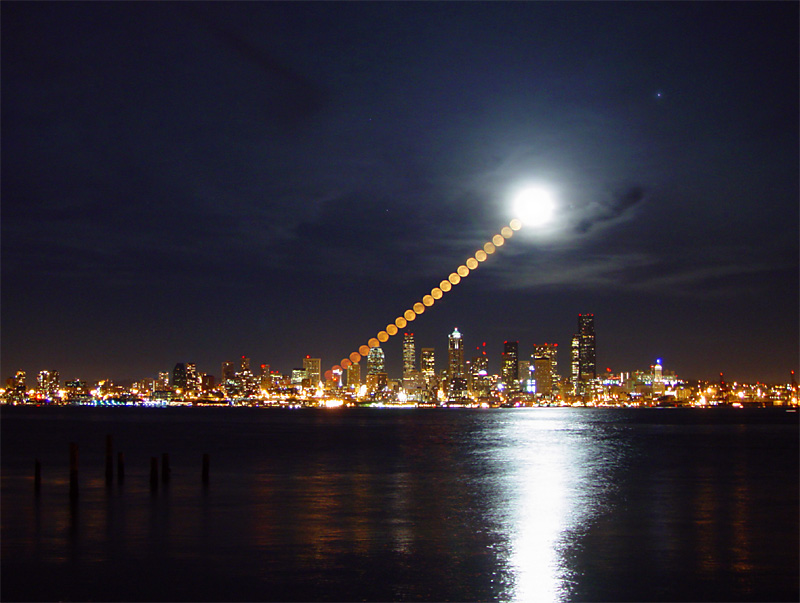Truth is stranger than fiction is, I think, a widely held belief by most people of a certain age. I wonder what the margin between them is from person to person? Perhaps I'll start keeping a tab on how many moments from reality jump out as being stranger than any fiction vs those fictional moments that strike me as stranger than reality usually offers.
Perhaps not.
A dozen or so days ago I was emailing with a relative of mine, and I half-jokingly replied to something he said with:
As you are almost certainly aware, real life is wildly overrated. I’ve been fictionalizing myself for years and have never been happier.
Actually, I was more than half-joking: just trying to say something cheeky without too much thought about how true it was. But the more I thought of it (and for some reason, I did) the more I felt I'd hit on something relatively unconscious and similarly close to hitting... something.
Perhaps not, but it came to the surface again this morning when I was reading the front page obit of Norman Mailer in the NY Times. Mailer joins a long list of iconic artists of whose output I'm still only fleetingly aware... I've read more about him than read him. Anyone interested in getting an excellent look at Mailer the raconteur (and boxing fanatic) should immediately rent Leon Gast's truly excellent 1996 documentary chronicling Ali and Foreman's "Rumble in the Jungle" WHEN WE WERE KINGS. He comes as close as I've ever experienced to transforming boxing into poetry.
Anyway, some pullquotes from Mailer's obit (excellently written by Charles McGrath) really struck me, especially these two:
The beginning of "Armies" is both a good summary of Mr. Mailer's life to that point and an example of how he had begun to turn himself into a character in which literary style and selfhood were virtually indistinguishable.
and this, taken from much later in Mailer's life:
His editor, Jason Epstein, said of this period, "There are two sides to Norman Mailer, and the good side has won."
Mailer, it appears, had not only fictionalized his life to a recognizable degree, but also managed to pull off a third act denouement to his personal hero's journey that would have done Joseph Campbell proud: his transformation was not only difficult to predict, but also somehow inevitable.
The real question is...
was it man-writing-with-his-own-life-as-paper-and-typewriter, or did it just happen to turn out that way as most lives unfold... blithely hoping for the best?



No comments:
Post a Comment